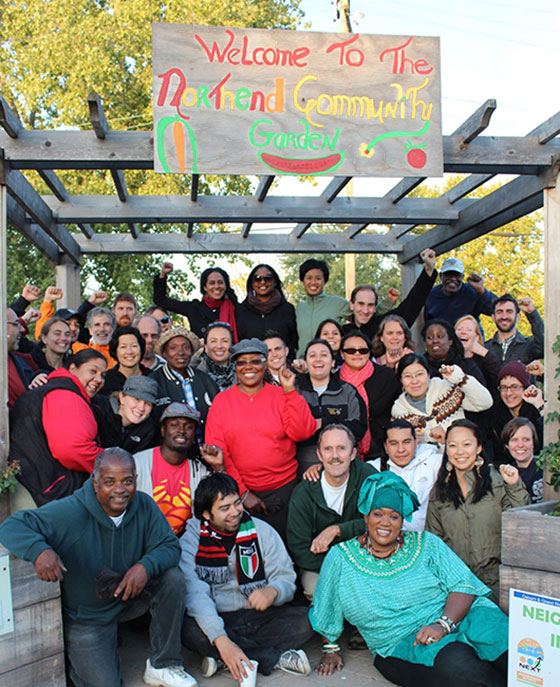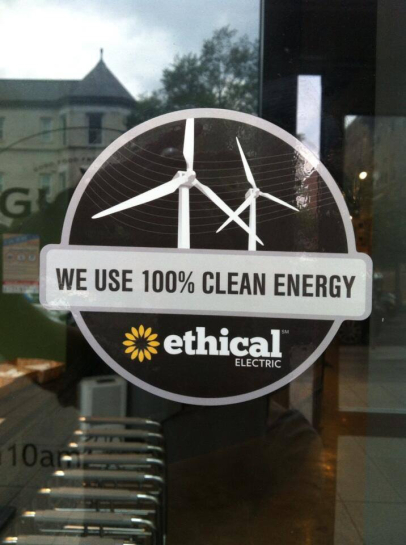Our Grant Making Approach
If we’re going to meet the multiple crises of our times, then we must address the injustice and dysfunction that created the problem in the first place. This means building new power in communities across the country:
- New political power to offset the influence of the fossil fuel and financial sectors;
- New economic power to create alternative structures for business and finance; and
- New cultural power to provide a new narrative and vision of what is possible.
Our grants program focused on helping organizations, especially those on the frontlines of the old extractive economy, build these new kinds of power.
In 2013, the Chorus Foundation made a ten-year funding commitment to Eastern Kentucky — through the Foundation’s anticipated spend down in 2023 — to speed a just transition in the region. This investment aligned with the Foundation’s intention to strengthen the US movement to address climate change, especially in the regions of the country that have been most impacted by the fossil fuel industry.
Then, after a year-long process that concluded in 2016, the Foundation made eight-year funding commitments to three additional Focus Communities: Alaska; Buffalo, New York; and Richmond, California. These Focus Communities, including Eastern Kentucky, are working to build a new economy based on the principles of broadly shared economic prosperity, democratic governance and ownership, and climate and environmental justice. Through its long-term, unrestricted funding commitments to Anchor Organizations in each community — as well as through additional funding for other organizations and projects in each region — the Foundation supported a variety of activities aimed at building local power and leadership.
The Anchor Organizations in each Focus Community include:
Alaska
- Alaska Engagement Partnership (AEP)
- Native American Rights Fund (NARF), Alaska Office
- Native Vision
Eastern Kentucky
Richmond, California
Buffalo, New York
In addition, the Chorus Foundation also provided support to a small number of movement support organizations (such as Movement Generation) and networks (such as the Climate Justice Alliance) that work with local communities to build a stronger, more coordinated national movement.

Our Mission-Related Investments Approach
Foundations have social goals, but our power is financial. If we’re serious about supporting social change, then we should be applying the same social mission lens to all of our financial activities – not just to our grant making, but to our investments as well.
The Chorus Foundation has been free of fossil fuel investments since our inception. But divestment is only the first step. The next step is to invest in solutions to the climate crisis – something that we have already been exploring.
We believe we have a responsibility to prioritize investment in the communities that are most familiar with the fossil fuel industry – not just in terms of impact, but also in terms of employment and economic development. We’re learning how to invest directly in the same communities that we support with our grant making.
We understand that that this kind of investment requires different forms of capital guided by a broad set of metrics. We also understand that it requires a strong partnership between economic development and social movement organizing. Where there are not yet investment opportunities, we need to consider how our grant making could help those opportunities become real.
We believe foundations, as mission-driven organizations, should prioritize investments that further our social missions and – by showing what can be done – open up new investment opportunities for more traditional investors. Foundations should be among the most forward-thinking of investors.
Instead of investing in destructive industries that generate wealth for only the few, we should be investing in clean alternatives that benefit the many. Instead of holding our investments to dangerous and unrealistic expectations of endless financial growth, we should prioritize social returns that are truly sustainable. We need to divest from the old economy and invest in the transition to a new economy. To date, we have invested nearly $4 million in solar and other clean energy as well as in a very small number of companies building the new economy. For example:
- Ethical Electric powers homes and businesses with 100% clean energy from renewable sources like wind and solar and uses the profits to fund causes that benefit the planet and advance equality, peace, justice, and opportunity. The investment helped finance its growth.
- Seventh Generation is an established company selling natural, non-toxic household and personal care products.
- The Working World is a non-profit organization that provides investment capital and technical support to worker cooperatives. It lends people the tools to democratically build lasting wealth for themselves, their businesses, and their communities.

